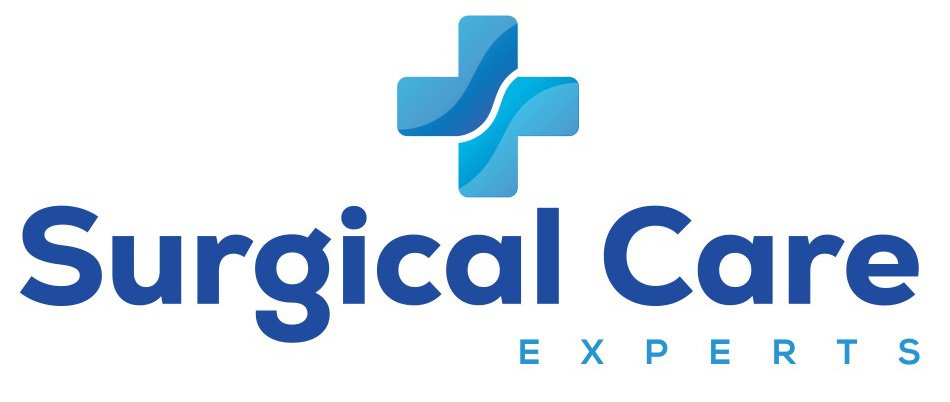About Glaucoma Surgery.
About Glaucoma Surgery Surgical Care Experts is your one-stop partner for navigating glaucoma surgery. We understand the complexities of this procedure and are dedicated to providing exceptional care throughout your entire journey. From initial consultations to post-operative support, our team of experienced professionals will be by your side every step of the way.
Glaucoma Treatment

How Glaucoma is Diagnosed
Advantages of End-to-End Surgical Care
At Surgical Care Experts, we manage your entire glaucoma surgery experience. This includes:
- Pre-operative consultations: We discuss your condition, answer your questions, and address any concerns you may have.
- Surgical expertise: Our team of qualified surgeons performs minimally invasive procedures with the latest technology.
Post-operative care: We provide comprehensive follow-up appointments to monitor your progress and ensure optimal healing.
Symptoms of Glaucoma
Glaucoma often develops gradually without noticeable symptoms in its early stages. However, some potential signs include:
- Patchy blind spots in your peripheral vision
- Tunnel vision (gradual loss of side vision)
- Sudden severe eye pain
- Redness in the eye
- Headaches
Causes of Glaucoma
The exact cause of glaucoma is unknown, but it’s often linked to a buildup of fluid in the front part of your eye. This can happen because of a malfunctioning drainage system or overproduction of fluid.
When to See a Doctor
Risk Factors
- Family history of glaucoma
- Age (over 40)
- High eye pressure
- Certain medical conditions (diabetes, high blood pressure)
- Previous eye injuries
Complications
While uncommon, potential complications from glaucoma surgery include:
- Infection
- Bleeding
- Cataracts
- Detached retina
Prevention
There’s no guaranteed way to prevent glaucoma. However, maintaining healthy lifestyle habits like regular exercise, a balanced diet, and controlling chronic health conditions can contribute to overall eye health.
Patient Testimonials



FAQ's
Glaucoma surgery isn’t for everyone. Your ophthalmologist will consider the severity of your glaucoma, your response to eye drops, and your overall health to determine if surgery is the right option for you.
There are several types of glaucoma surgery, each with its own advantages and disadvantages. Common procedures include trabeculectomy, implantation of drainage devices, and laser surgery. Your ophthalmologist will recommend the best option for your specific needs.
Glaucoma surgery is typically performed as an outpatient procedure. You’ll likely receive local anesthesia to numb the area around your eye and medication to help you relax. The surgery itself usually takes less than an hour.
Following surgery, you’ll need to use eye drops and attend follow-up appointments with your ophthalmologist to monitor your healing and eye pressure. You may experience some temporary discomfort, redness, or blurry vision.
Glaucoma surgery can be very effective in lowering eye pressure and preventing vision loss. However, it’s not a cure for glaucoma. You may still need to use eye drops or require additional procedures in the future.
As with any surgery, there are potential risks associated with glaucoma surgery, such as infection, bleeding, and damage to nearby structures in the eye. Your ophthalmologist will discuss these risks with you in detail before the procedure.


